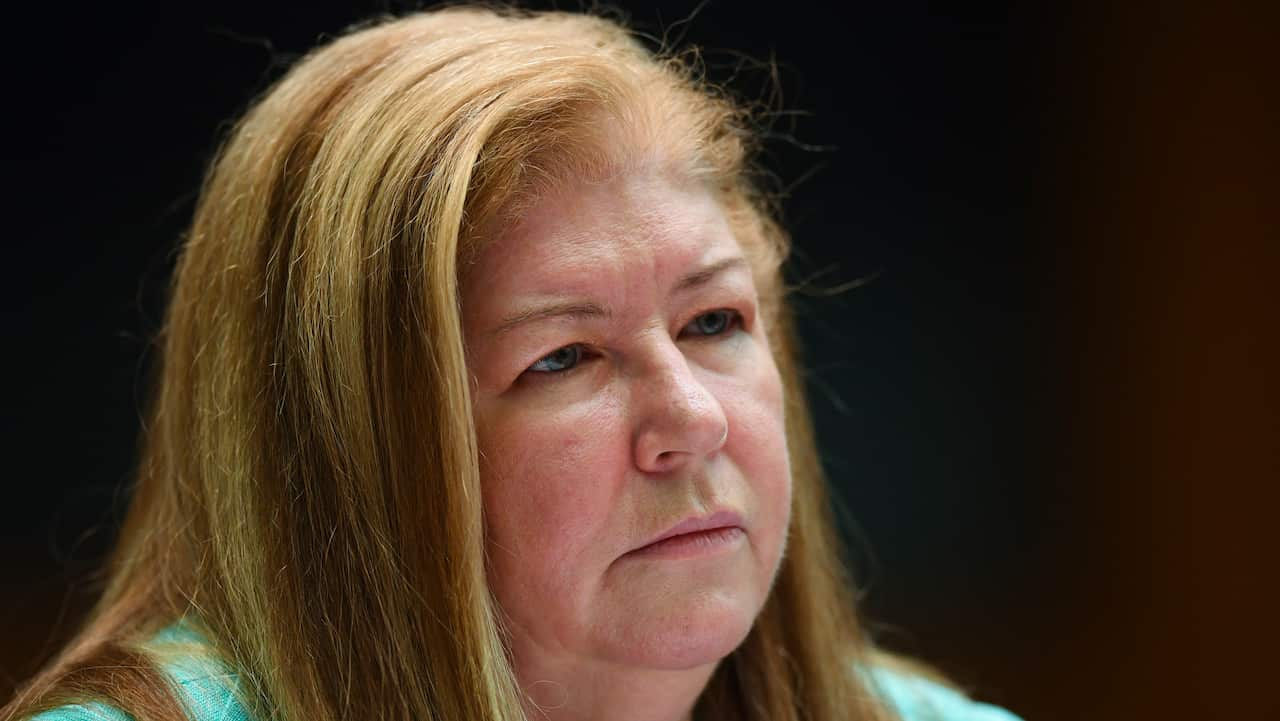Visa applications are predicted to rise above 13 million per annum by the year 2028 and the Department of Home Affairs says it has no choice but to outsource visa processing.
The federal government plans to spend $80 million developing what it is calling the "Global Digital Platform", but former deputy secretary of the immigration department, Abul Rizvi, has warned that the federal government's planned outsourcing of visa processing could put the entire system at risk.
"The real cost in this, I believe, is ultimately a loss of control in the visa system," Mr Rizvi said.
"The problem I see emerging is if the government allows the private provider to move down what is known as the 'premium service stream'. The 'premium service stream' would involve a stream that is promoted by the private provider - a bit like a first-class seat on a plane.
"It's the one where you pay a very large amount of money, and for which you get much faster service, and I think, hint hint, nudge nudge, wink wink, a more likely 'yes' than a 'no'.
"If the 'premium service stream' doesn't deliver a more likely yes, how in the world would the private provider ever promote it?"
Mr Rizvi was speaking at a Senate committee inquiry on Friday, and was asked whether it was fair to draw the conclusion from his evidence that it would be difficult, or impossible, to implement the protections in the tender without causing significant disruption to the visa processing system.
"I think that would be a very kind way to put it," Mr Rizvi said.
Two private consortiums are vying for the $1 billion contract to build and manage the single online platform, which would receive, process and provide visas for more than nine million applicants per year.
The current visa system currently involves more than 50 different computer systems, two of which are more than 25 years old.
There are fears the move to Global Digital Platform could de-humanise the visa process, given that of the current 28 steps required to approve a student visa, only one would remain with the Department of Home Affairs.
But Home Affairs' Deputy Secretary Visa and Citizenship Services Group, Malisa Golightly, insists visa processing will not be becoming a solely computerised system.
"Refusal decisions or decisions that take away a right or entitlement will only be made by departmental officials, they will not be made by the computer," she said.
Ms Golightly also refuted suggestions jobs will be lost as a result of the change.
"Our intention is that we will not lose any staff member as a result of implementing this platform," she said.
"The whole point is we have more work for our staff than the proverbial 'you can poke a stick at.'"

There are concerns, too, that the privatisation of the visa application process could result in some applicants being disadvantaged.
MPs and lawyers in the UK are demanding an independent investigation into their outsourced visa system, after it emerged private firms were taking in millions of pounds, with vulnerable people forced to pay extortionate fees, and travel long distances, to apply for UK status.
"In the UK, visa privatisation has resulted in price gouging of visa applicants, vulnerable applicants being exploited, private providers using long delays in processing to drive interest to a quicker, premium, higher-price product," the Community and Public Sector Union's Melissa Donnelly said.
"The very existence of a stream where applicants who can pay more get better services, runs deeply counter to the community's expectations of how public services should be delivered."
"Costs to external visa applicants have increased between 14 and 72 per cent, depending on the visa type, with optional services ranging from 5-1000 pounds," Michael Whaites, from Public Services International added.
"These optional services, which have been found to be of little or no benefit, are a clear example of profit focus over quality control."

